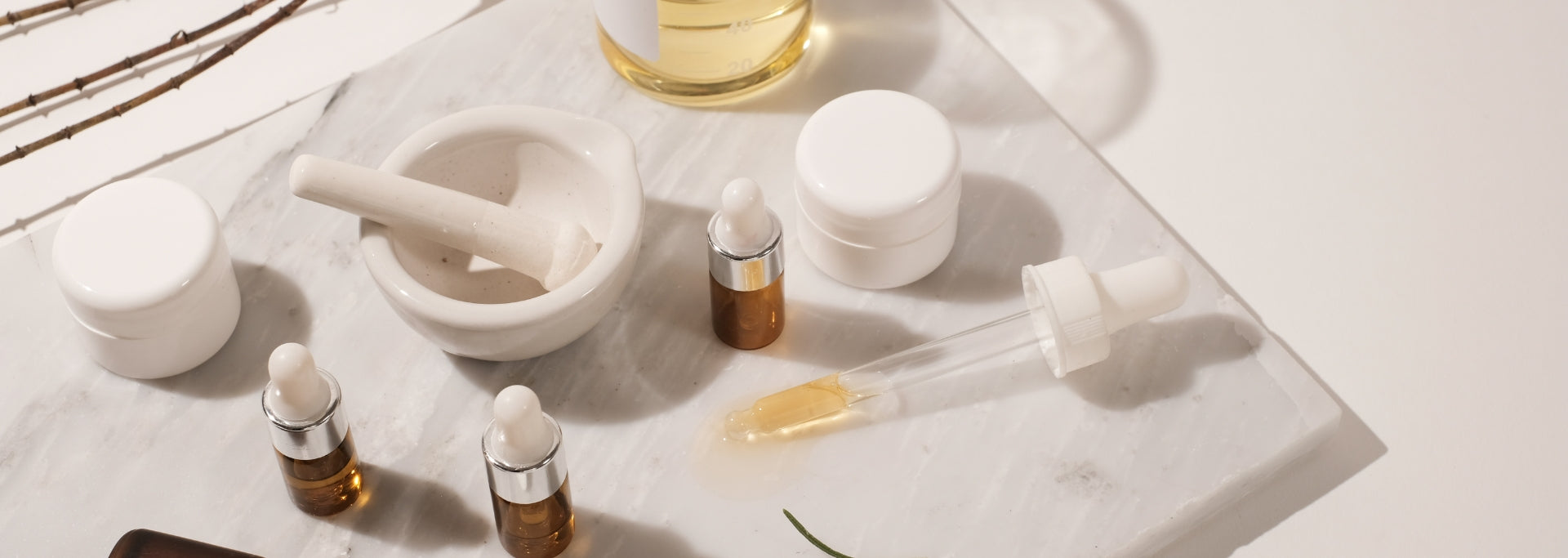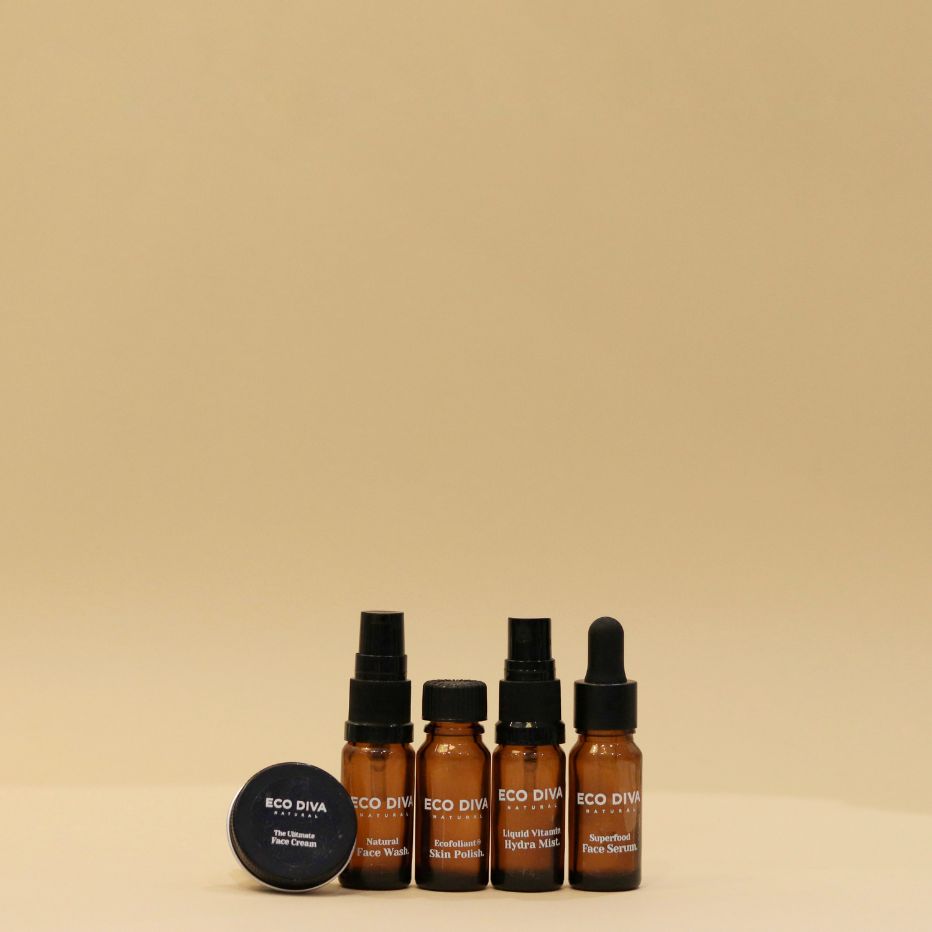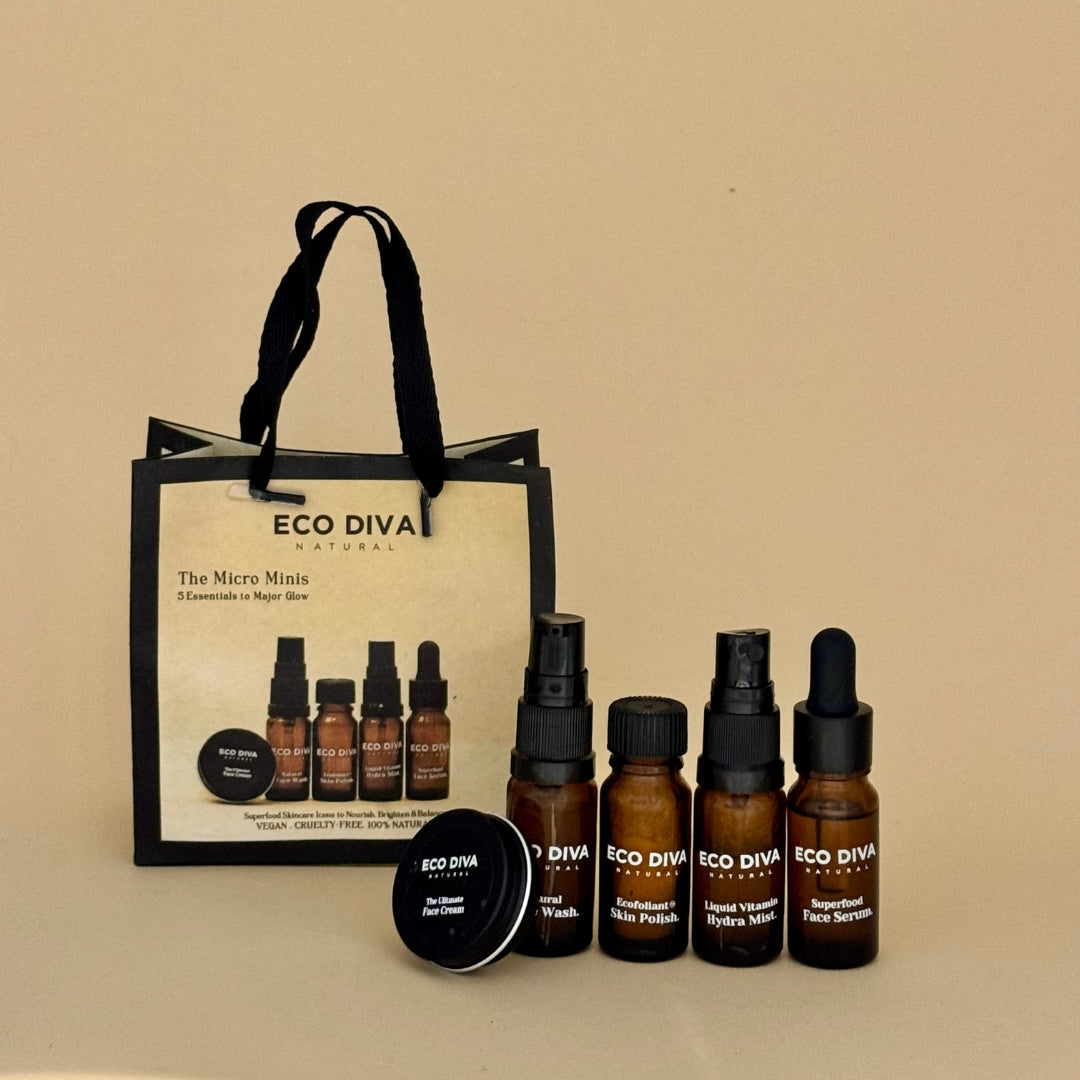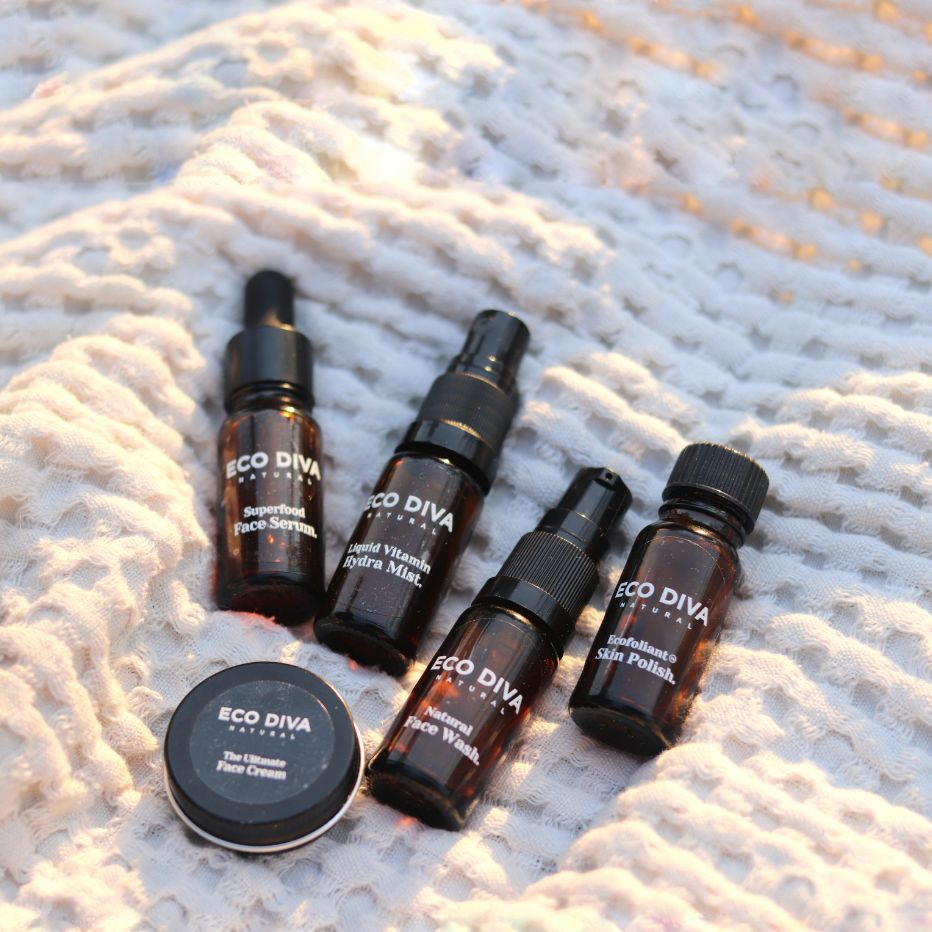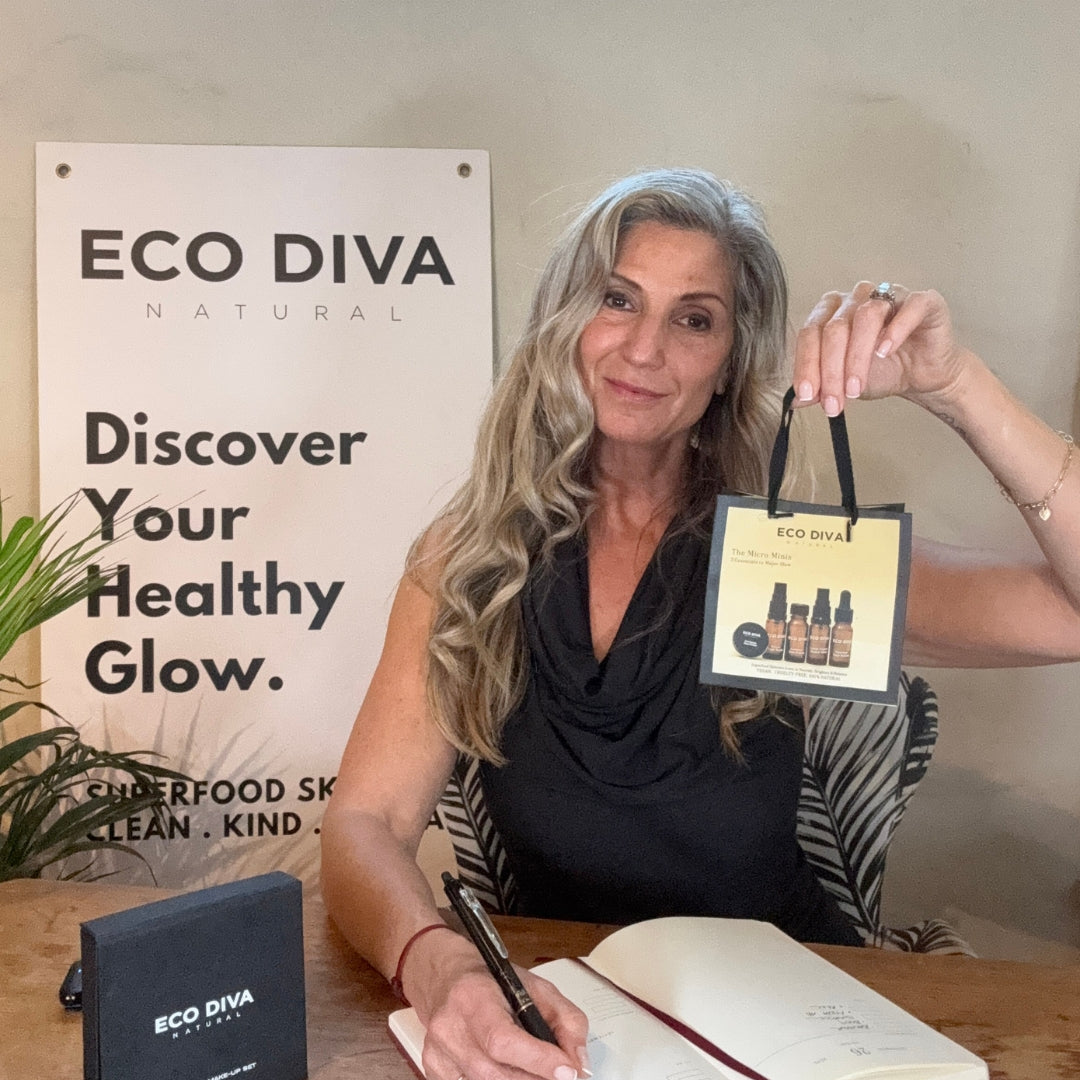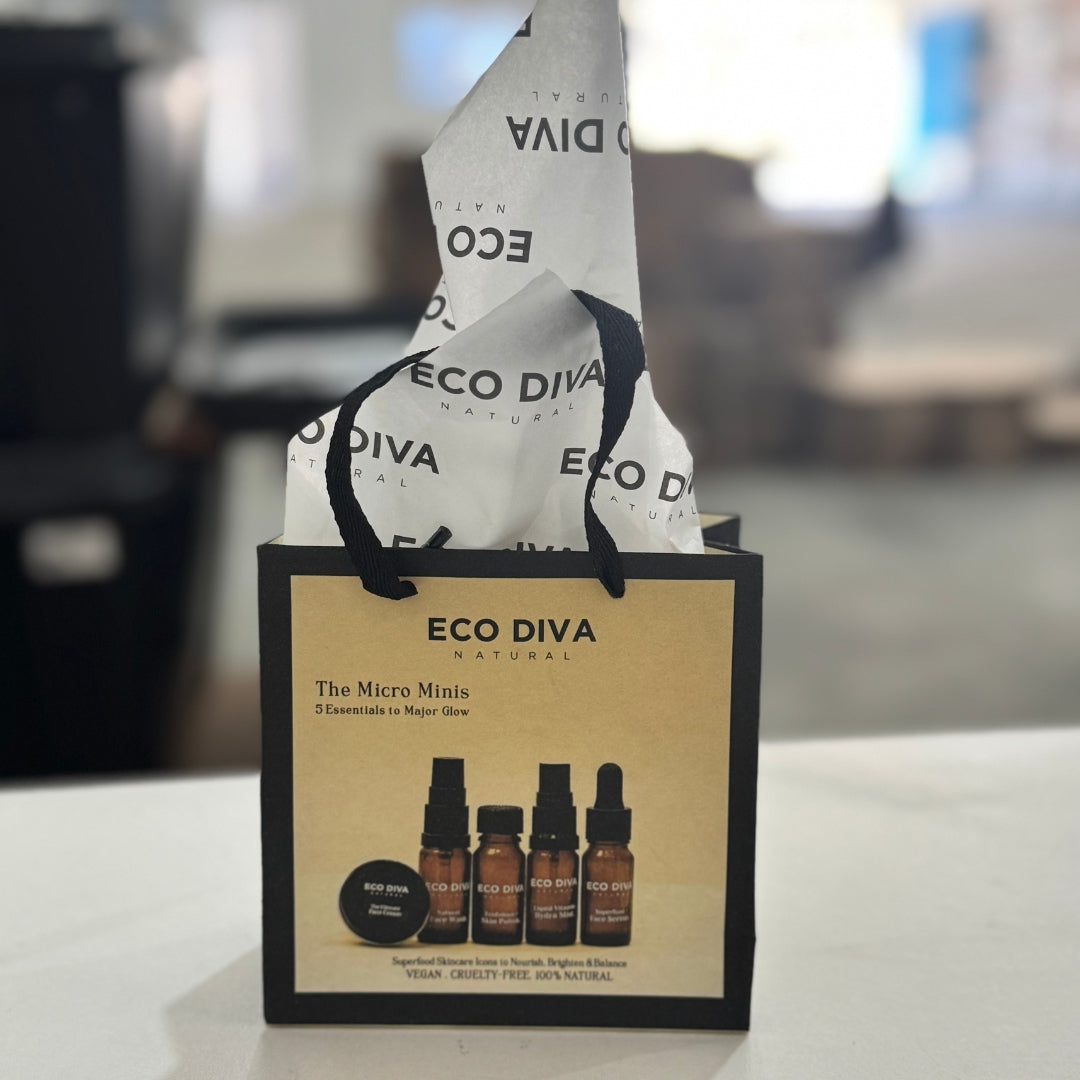The future of skincare has officially arrived, and it’s more exciting than we predicted. Welcome to the age of epigenetics in skincare—where your skin's future isn't just in your genes, but in how you influence those genes through lifestyle and environmental factors. Curious? Let’s dive into how epigenetics is reshaping skincare as we know it and why your beauty routine is about to go full-on futuristic.
What is Epigenetics?
In simple terms, epigenetics is the study of how genes can be switched on or off based on external influences. You’re born with a certain set of genes, but their expression is fluid—meaning, how those genes behave is largely shaped by factors like your environment, diet, stress levels, and even the products you use on your skin. Think of it as your skin’s “code”—and now, thanks to biohacking, we can influence that code for healthier, more youthful skin.
How Epigenetics Impacts Your Skin
Where skincare is concerned, epigenetics looks at how lifestyle choices, from sun exposure to stress, contribute to the aging of your skin. These external stressors cause DNA damage that accelerates the skin aging process—resulting in wrinkles, dark spots, and loss of elasticity. But here’s the kicker: you can actually hack this process and encourage your skin to behave younger by switching certain genes on or off.
Enter epigenetic skincare—a biohacking revolution that allows your skin to respond to targeted treatments in ways that were never before possible.
Skincare That Talks to Your Genes
So how does this new frontier in beauty work? The idea is to create products that go beyond surface-level fixes. Instead of just addressing the symptoms of aging, epigenetic skincare products target the root cause: the DNA damage itself. These products aim to change your skin’s gene expression patterns, essentially reprogramming your cells to act like younger, healthier versions of themselves.
Here’s where the magic happens: beauty brands are now formulating products with ingredients that can activate or suppress certain genes related to aging. This could mean fewer wrinkles, better skin texture, or even the slowing of pigment production that causes age spots. “ We’re really excited about this new revolution. “We’re celebrating 10 years offering superfood skincare and beauty products that activate the rejuvenation of skin cells to feed the skin and suppress symptoms of ageing as well as re-balancing skin conditions.”
Beauty Giants Invest in the Future
This isn’t just a niche innovation—major beauty players are diving into epigenetic skincare, too. Companies are investing heavily in research that explores how ingredients like peptides, antioxidants, and even plant extracts can influence gene expression and promote youthful skin. These advancements are changing the game, making it possible for skincare products to influence how your skin ages at a cellular level.
The Power of Prevention: Why Epigenetics is a Game Changer
Here’s the truly exciting part: epigenetic skincare isn’t just about reversing signs of aging—it’s about preventing them. By using these cutting-edge products, you’re not just treating existing wrinkles or dark spots, you’re actually addressing the underlying causes of these issues and keeping them from happening in the first place.
Imagine your skincare routine working not just to hydrate or protect but to literally rewire your skin's future. Pretty wild, right?
Biohacking Your Skincare Routine: What’s Next?
As biohacking continues to rise in popularity, we can expect even more breakthroughs in epigenetic skincare. What does this mean for you? In the not-too-distant future, you could have access to products that tweak your skin’s DNA in ways that make it more resilient, healthier, and, yes, even younger. From serums to moisturizers, the possibilities are endless—and incredibly exciting!
Stay tuned, because the science of epigenetics is only getting started—and your skincare routine is about to get a serious upgrade.
